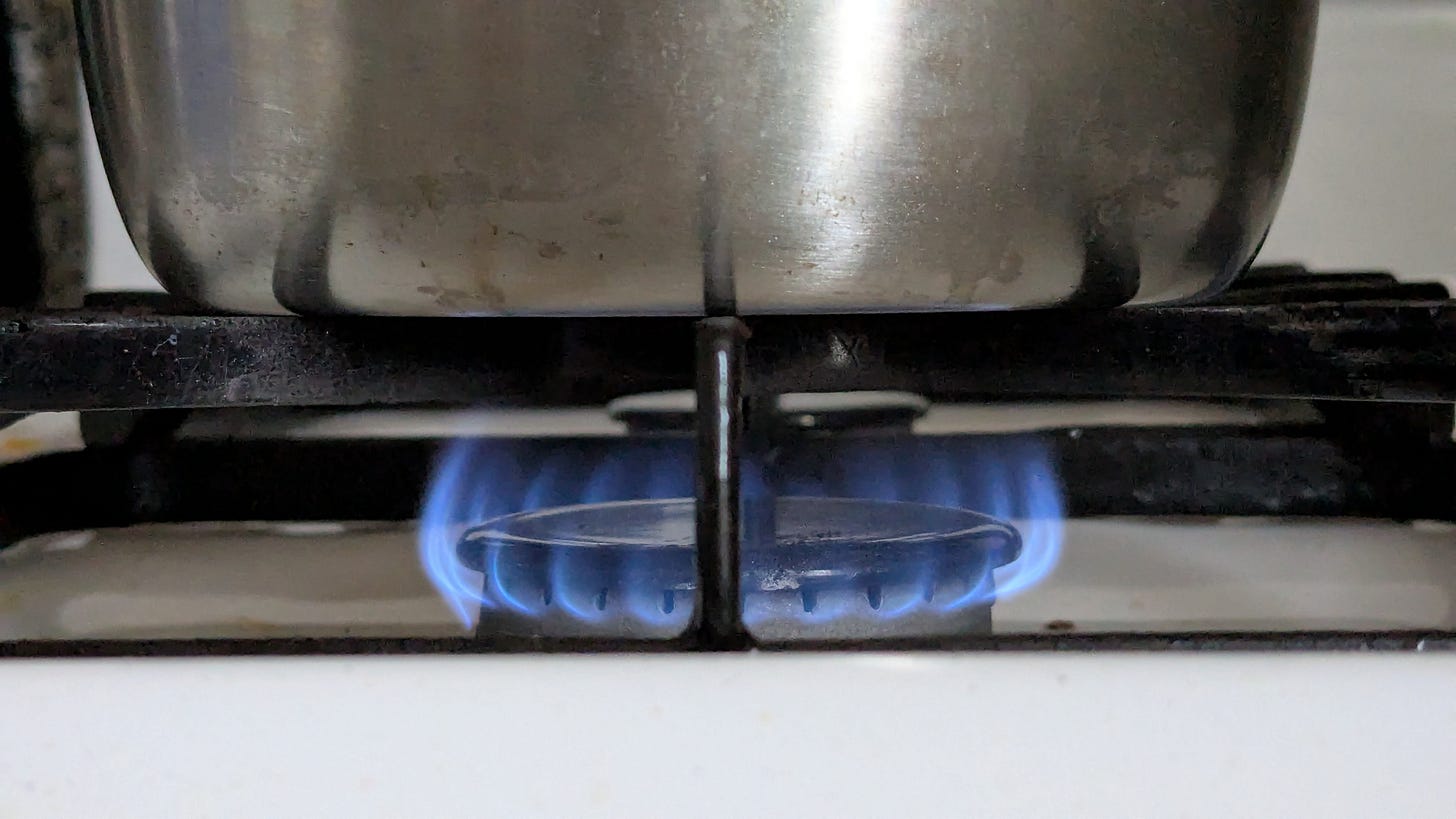Home cooking is the thing. If there is one place in your life to orient yourself around, to find a stable, robust foundation for anything else in your life you want to take action and do, home cooking is an incredibly strong starting place.
If you can sort out your life so that you have the time and capacity for home cooking, you have a solid, sorted life.
If you need to sort out your life so that you can find the time and capacity for the things you want to do, home cooking is a great place to start sorting.
It’s the center and the result. It’s the process and the endgame.
Home cooking is the thing.
Personal Finance
Savings is where this conversation usually starts. “Want to save money? Cook your own meals.” Bring leftovers to work. Batch cook for easy meals. Buy in bulk.
I’m something of a recovering personal finance addict. If you want to save more money and you want more control over your budget, home cooking is the thing.
It’s probably the area where you have the most potential savings between what you currently spend and what is possible to save. If you just want to save a little bit of money to help pay off a vacation debt you loaded on your credit card, you cook more and go to less restaurants. If your grocery bill is overwhelming, you have many levers to reduce it by buying more basic ingredients or bulk. If you want full /r/frugal financial minimalism or are in some sort of budget crisis, you can load up on lentils and vegetables and ride a surprisingly long-range money booster while you get your other shit together.
Each dollar you save per meal is $1095 you save per year, if we stick to three meals a day. It’s very easy to save a dollar per meal, still easy to save $2, somewhat easy to save $3. You can fill an IRA’s yearly limit from grocery savings alone.
However, the penny pinching side of home cooking can be totally discarded, and home cooking is still the personal finance thing.
Keep reading with a 7-day free trial
Subscribe to Indulging a Second Look to keep reading this post and get 7 days of free access to the full post archives.




